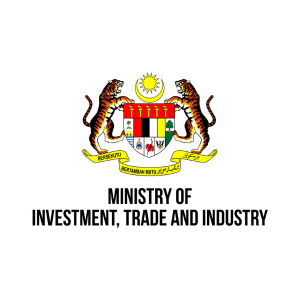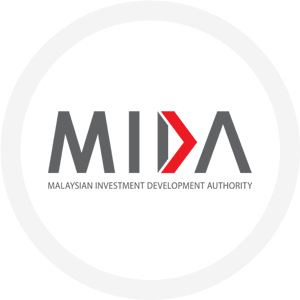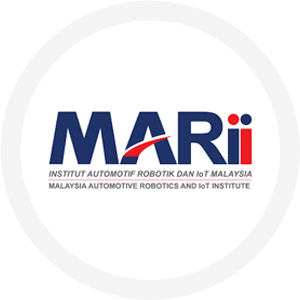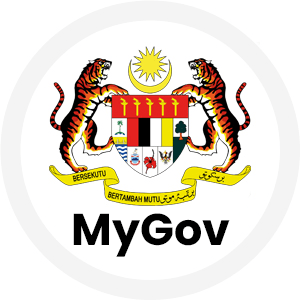Malaysia’s Food Future Powered By Tech: National Push To Slash Energy And Water Waste In Agro-Food Sector
Kuala Lumpur, 10 July 2025 – Malaysia is accelerating its transformation of the agro-food sector by cutting inefficiencies in energy and water use—backed by the integration of advanced technologies such as AI, IoT, and smart sensors. This national effort aims to increase food productivity, reduce environmental impact, and strengthen Malaysia’s resilience in food security.
The agro-food industry—which includes ruminant farming, aquaculture, poultry, and crops—is a pillar of the nation’s economy and food supply. Yet, systemic inefficiencies are threatening long-term sustainability. According to the IMD World Competitiveness Yearbook 2025, Malaysia ranks:
• 61st in energy intensity, reflecting high energy consumption per unit of GDP.
• 62nd in food waste per capita, indicating significant loss and inefficiency in the supply chain.
“Malaysia has the fundamentals to be a global agro-food leader. But to remain competitive, we must modernise our approach—by embedding technology and sustainability in every step of the food value chain,” said Datuk Zahid Ismail, Director General of the Malaysia Productivity Corporation (MPC).
Through the Agro-Food Productivity Nexus (AFPN), MPC is spearheading initiatives to equip farmers and producers with technology-driven tools that increase operational efficiency. These include:
• IoT-enabled irrigation and cooling systems to reduce water and energy losses;
• AI-based aquaculture systems for feed optimisation and water quality monitoring;
• Energy dashboards to track usage and automate controls in greenhouses and processing facilities.
These interventions are aligned with the National Food Security Policy Action Plan 2021–2025 and directly support UN Sustainable Development Goal 12: Responsible Consumption and Production.
“Smart energy and water management isn’t just about efficiency—it’s about economic viability and food security. Our transition toward tech-enabled practices will make Malaysia’s agro-food sector more resilient, productive, and climate-smart,” Zahid added.
What Industry Must Do:
• Embrace digital agriculture and automation to reduce waste and cost.
• Participate in pilot projects and knowledge-sharing programs.
• Strengthen cold chain logistics and reduce post-harvest losses.
What the Government Will Prioritise:
• Offer smart financing and incentives for energy- and water-saving technology.
• Simplify regulatory processes for agri-tech deployment.
• Expand capacity-building for smallholders and agro-based SMEs.
Datuk Jefferey Ng Choon Ngee, Champion of the AFPN, emphasised the need for unified action.
“We are not just facing a productivity issue—we are facing a sustainability crisis. The AFPN is committed to uniting industry players, researchers, and policy makers to create scalable, tech-driven solutions that benefit the entire ecosystem. Productivity and sustainability must go hand in hand.”
The AFPN is actively engaging with stakeholders across the agro-food ecosystem to implement scalable, high-impact solutions. These efforts not only support Malaysia’s ambition to enhance productivity but also respond to global challenges such as climate change, rising energy costs, and resource scarcity.
By focusing on energy and water efficiency, Malaysia is taking concrete steps toward securing a more sustainable and competitive agro-food future.
End of Release.
For media inquiry:
Media Management Unit
media@mpc.gov.my





















